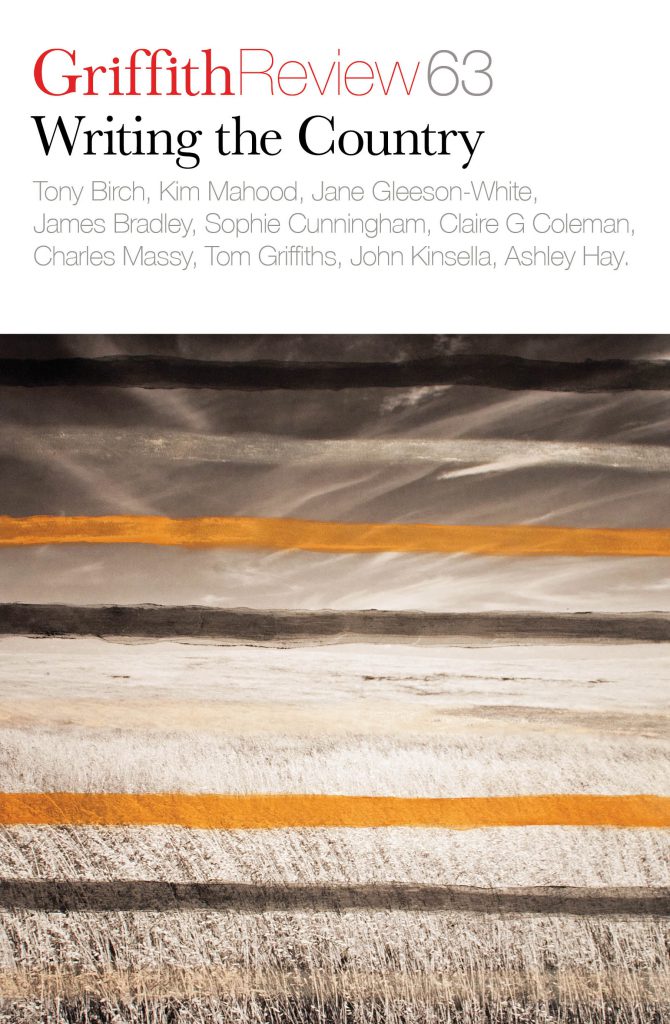Featured in

- Published 20190205
- ISBN: 9781925773408
- Extent: 264pp
- Paperback (234 x 153mm), eBook

Already a subscriber? Sign in here
If you are an educator or student wishing to access content for study purposes please contact us at griffithreview@griffith.edu.au
Share article
More from author

Weather and mind games
EssaySelected for The Best Australian Science Writing 2014AS A TEENAGER I read Charles Darwin's Voyage of the Beagle and was intoxicated by the glimpse...
More from this edition

A fragile civilisation
EssayAT THE SAME time as a headline in The Guardian announced: ‘Indigenous Australians most ancient civilisation on Earth, DNA study confirms’,[1] we could also...

Climate change, science and country
EssayIT WOULD BE hard to hear a louder warning bell than the 2018 special report from the Intergovernmental Panel on Climate Change (IPCC) on...

Every path tells
MemoirWHEN I WAS in my middle thirties, I abruptly abandoned a long-term relationship and impulsively moved from Sydney to Melbourne, having accepted a job...